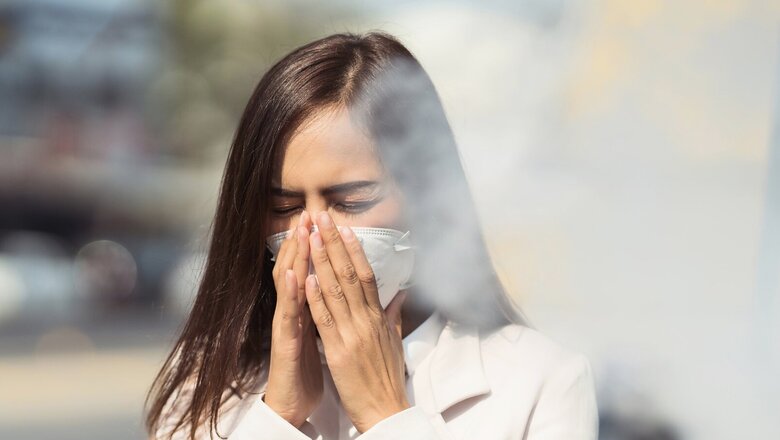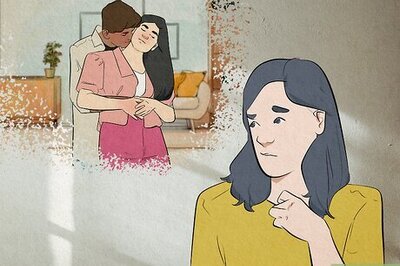
views
Rising air pollution and the increase in particulate matter and pollutants in the air, has led to an increase in respiratory ailments. The most common issues are watering of eyes, burning of eyes, increased sneezing and nasal congestion, throat congestion and throat infection as well as chest infections. Those patients who are suffering from asthma, COPD and other known respiratory illnesses are most vulnerable, especially smaller children and the elderly.
“Patients come with an increase in coughing, breathlessness and chest infections and due to the increase in pollutants, and there is also an increase in viral infections of the throat and in the chest,” says Dr. Nevin Kishore, Head of Bronchology & Senior Consultant, Respiratory Medicine, Pulmonology, Max Hospital, Gurugram.
Not only asthmatic or COPD patients, but even new undiagnosed cases are flocking hospitals respiratory symptoms. “We have seen already diagnosed cases of Asthma with severe exacerbation despite taking regular medicines. We had to admit few of them due to severe respiratory distress. Unfortunately for patients suffering from respiratory ailment, this act as double whammy as there is a change of climate, there are few viral infections prevalent during this season and to make situation worse, there is high level of pollutants in air,” says Dr. Sandeep Nayar, Senior Director and HOD – Chest & Respiratory diseases, BLK – MAX Hospital, New Delhi
Also Read: Christmas 2022: 10 Last-Minute DIY Christmas Gifts For Your Friends And Family
How to protect yourself?
The best way to protect is to get immunized against influenza and pneumonia for the elderly and vulnerable age groups. It is also suggested they use their regular medications and inhalers that are prescribed by the doctors. “On high pollution days, the best thing you can do to reduce your exposure to air pollution is to avoid main roads and busy streets when possible. Wearing face-mask (N95 mask or equivalent) might be a useful,” adds Dr Kishore.
“My request to all to remain inside as far as possible especially elderly, small children and all patients with any comorbid conditions. I would also request my patients who are suffering from respiratory diseases to please continue taking their medication regularly,” adds Dr Nayar.
Read all the Latest Lifestyle News here
















Comments
0 comment